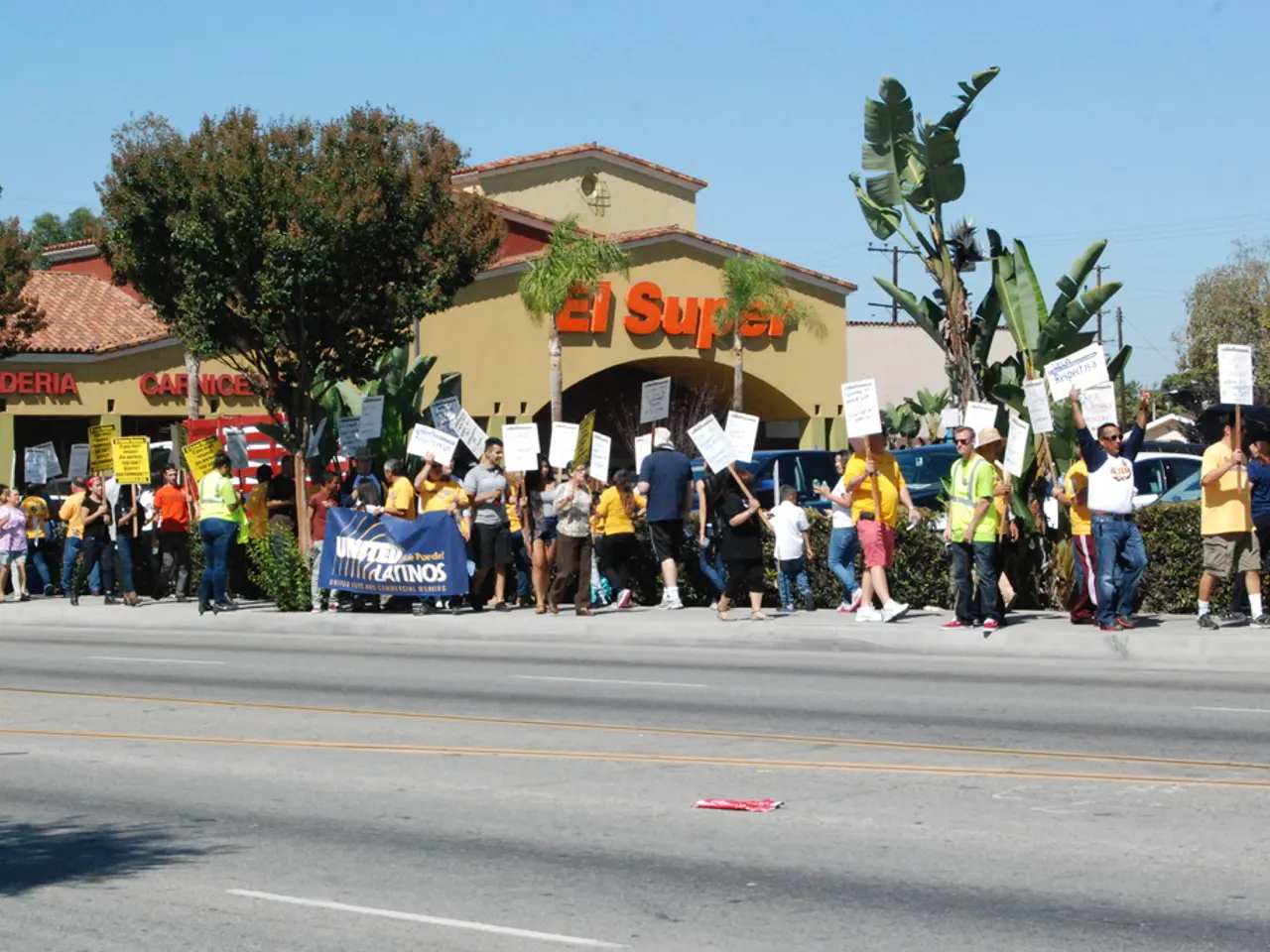Augusta Township Divided: Microsoft's Data Center Project Sparks Heated Debate
A heated debate is brewing in Augusta Township, Michigan, over a proposed data center project that could significantly alter the rural landscape. The plan, backed by tech giant Microsoft and New York-based real estate firm Thor Equities, has divided the small farming community of around 8,000 people, with nearly 1,000 residents opposing it.
The proposed data center, set on an 822-acre property largely within Augusta Township, southeast of Ann Arbor, has sparked concerns among residents. They fear an increase in noise and light pollution, higher utility bills, and the potential destruction of the town's rural character. The project's opponents, organized under Protect Augusta Charter Township (PACT), have collected signatures for a referendum, expressing confidence that residents will vote the project down.
The debate has also extended to the state legislature, where progressive lawmakers pushed for consumer and environmental protections to be added to incentives for data centers. However, the local issues have pitted residents against the township Board of Trustees and the developer. The Board and supporters argue that the data center could bring increased tax revenue and improvements to water and sewer infrastructure.
The proposed data center in Augusta Township, Michigan, has sparked a fierce debate, with residents and the local government holding differing views on its potential impact. While opponents fear environmental and financial consequences, supporters see it as an opportunity for growth and improved infrastructure. The final decision lies with the residents, who will vote on the project through a referendum.
Read also:
- Achieving Successful Bonsai Grafting: Selecting the Appropriate Scion and Rootstock for Harmony
- Defenders of Wildlife: Silent on Recent Habitat Projects on U.S. Public Lands
- Marburg Buzzes With October Events: Study Guide Out, Breast Cancer Awareness Walk, New Police Dog, Digital Transport
- European consumers are on the brink of experiencing a significant leap forward in electric vehicle (EV) charging technology, as Chinese automaker BYD prepares to unveil its innovative advancements.








